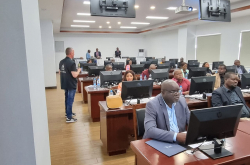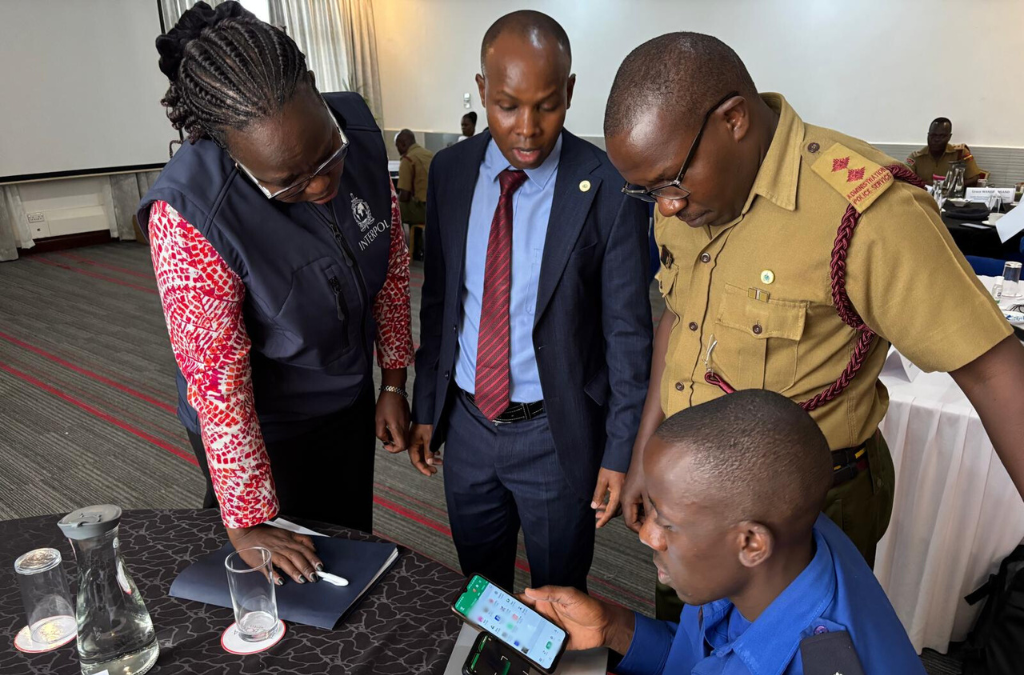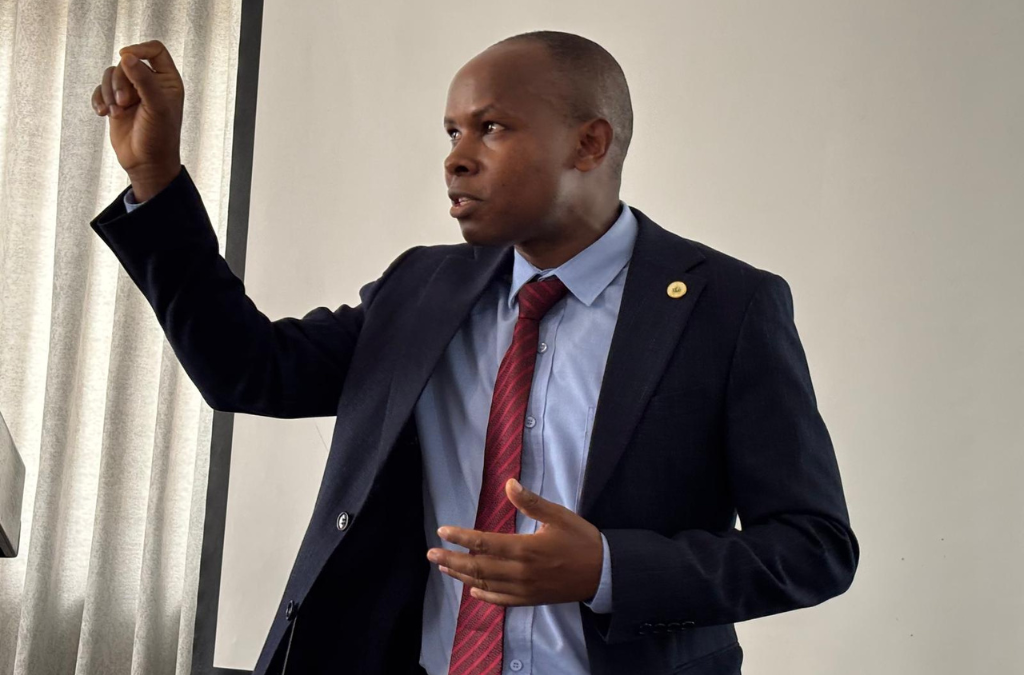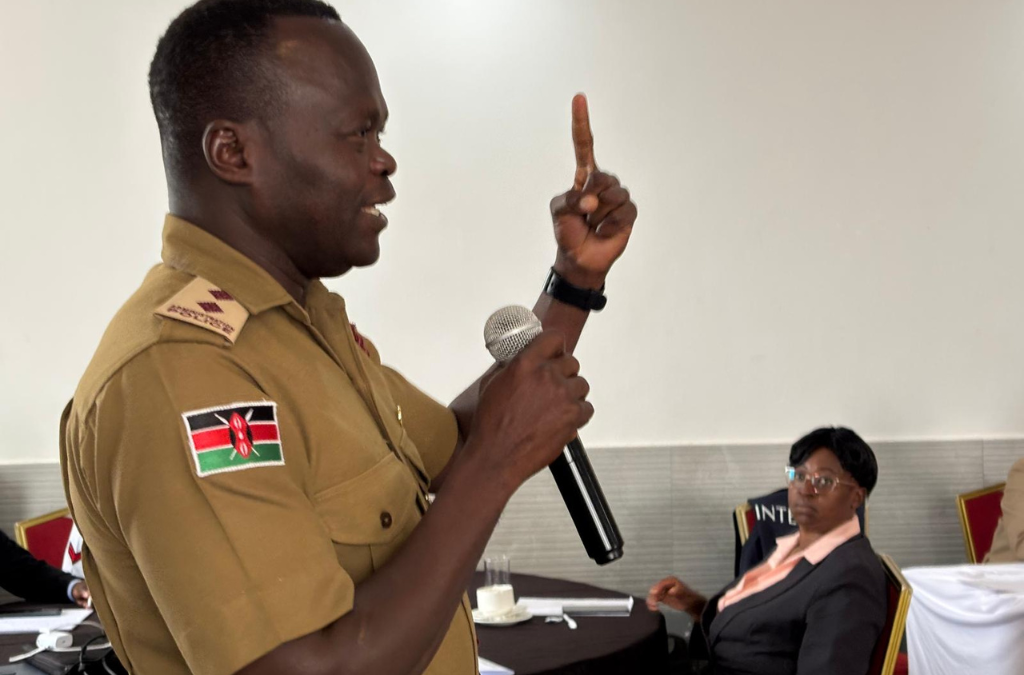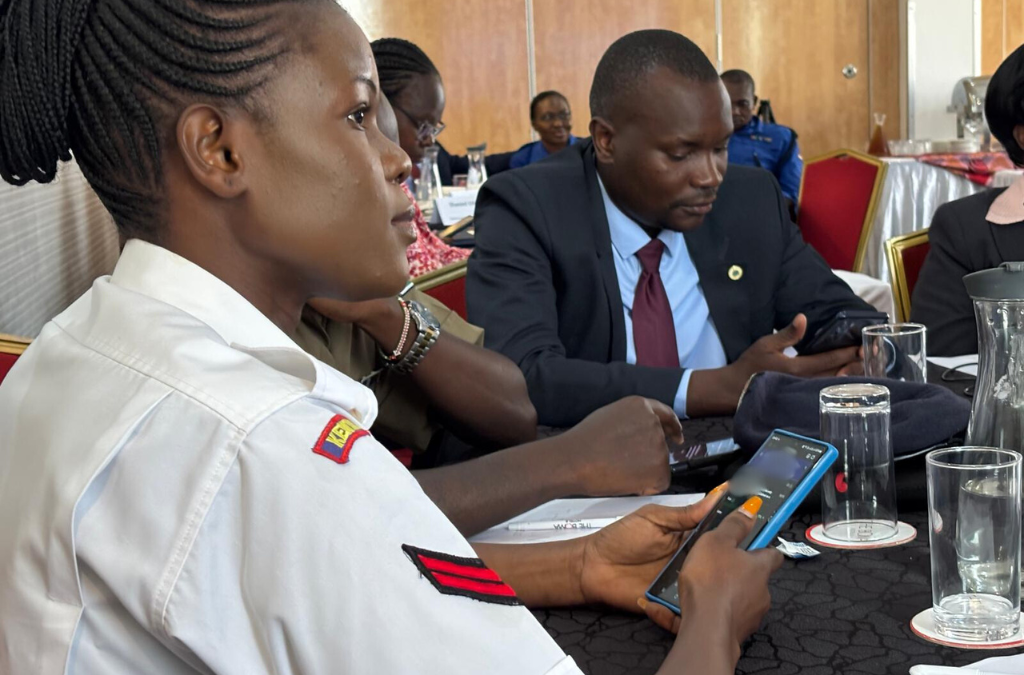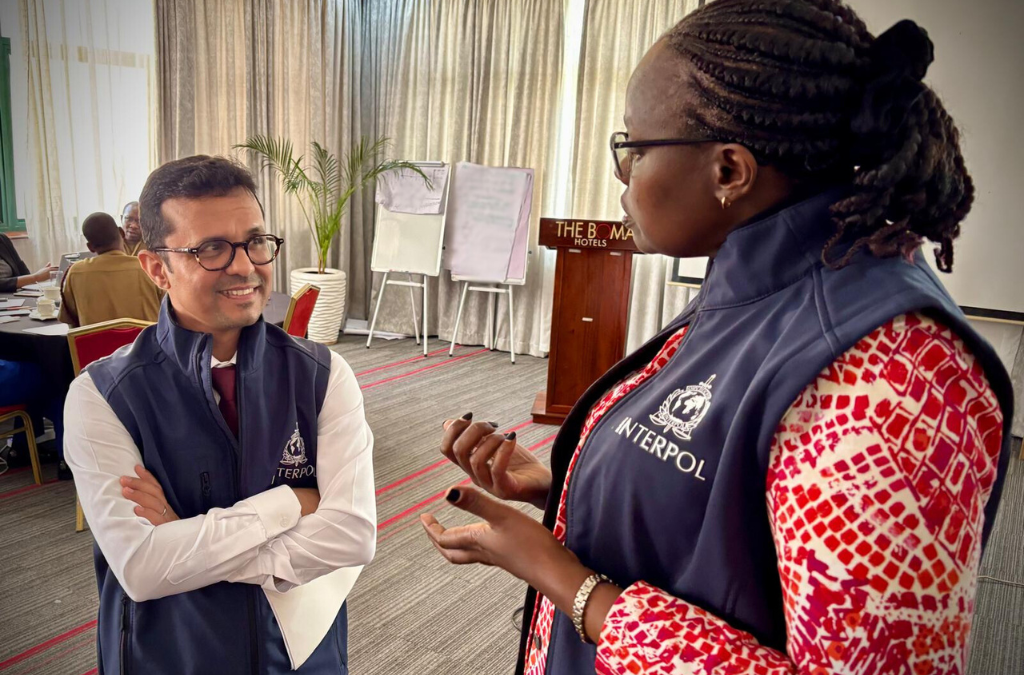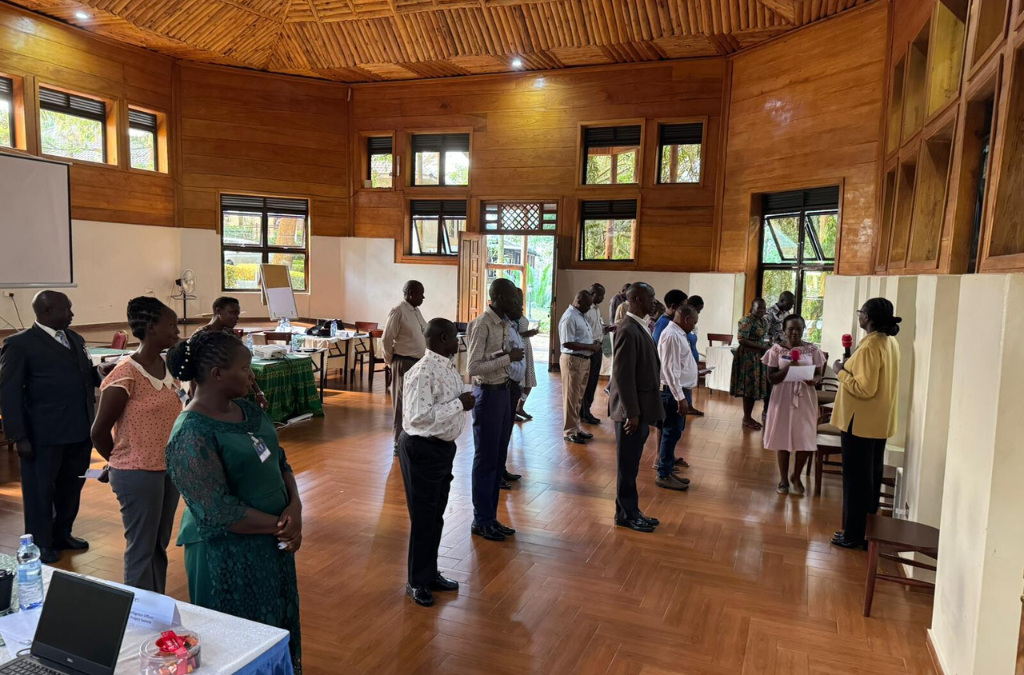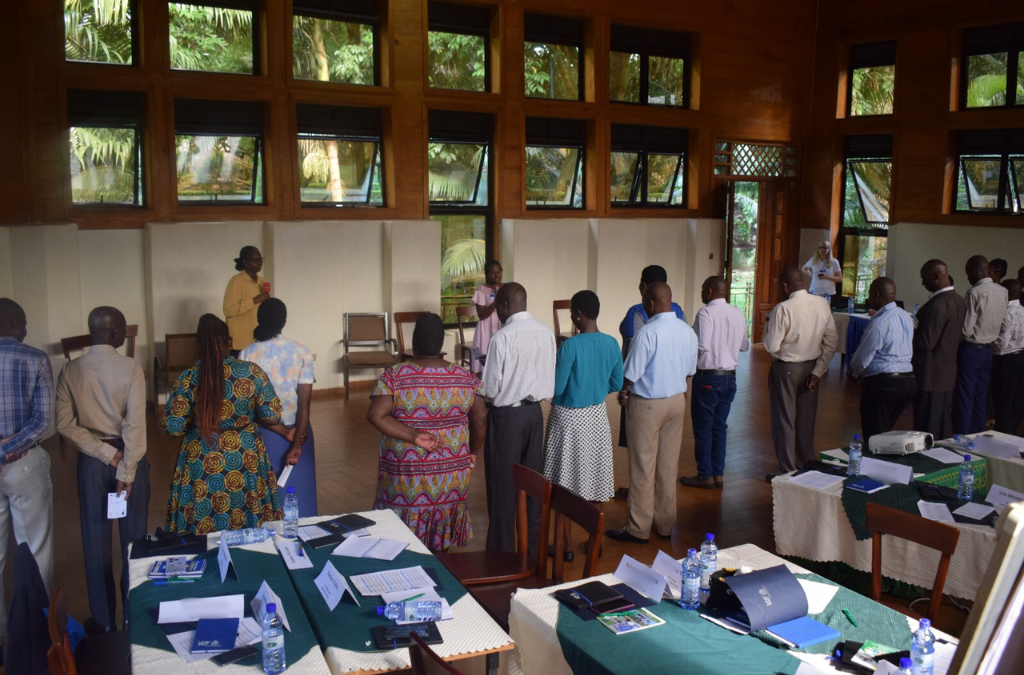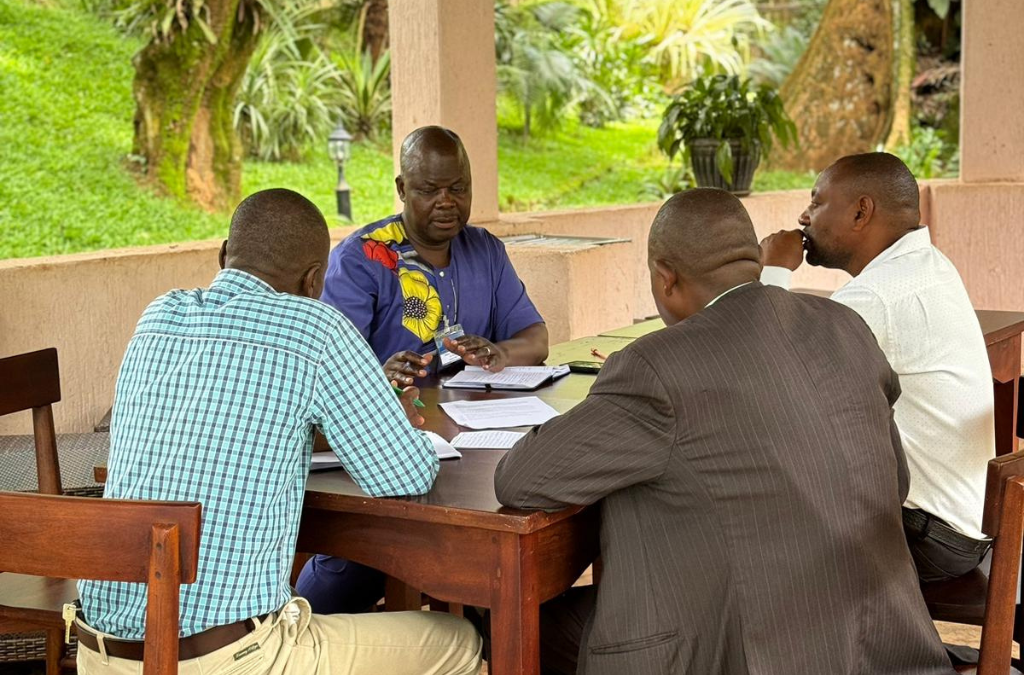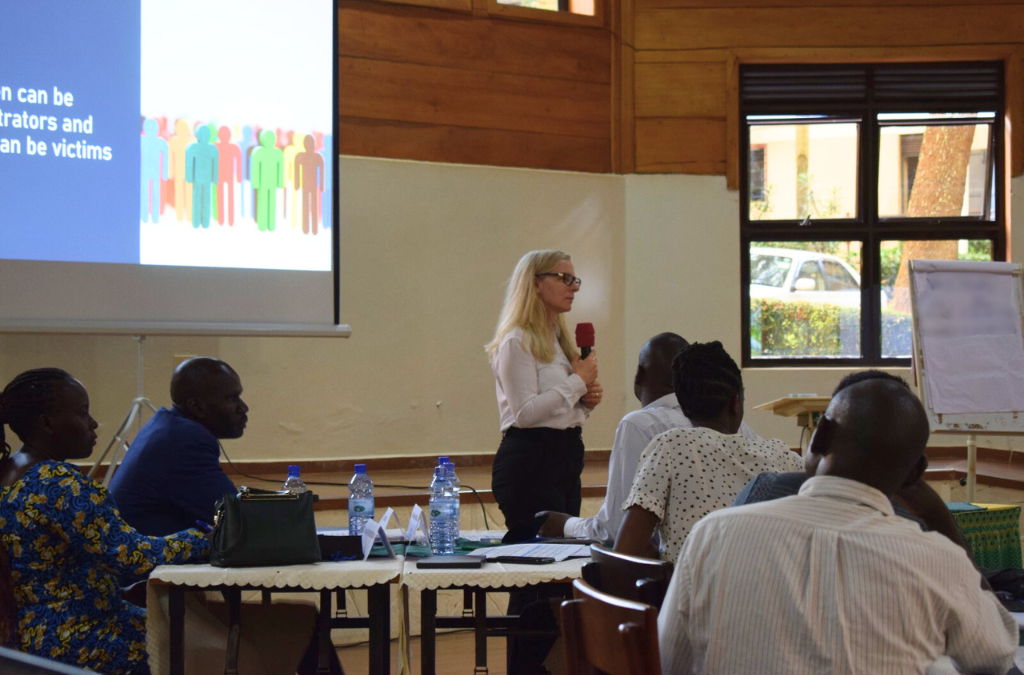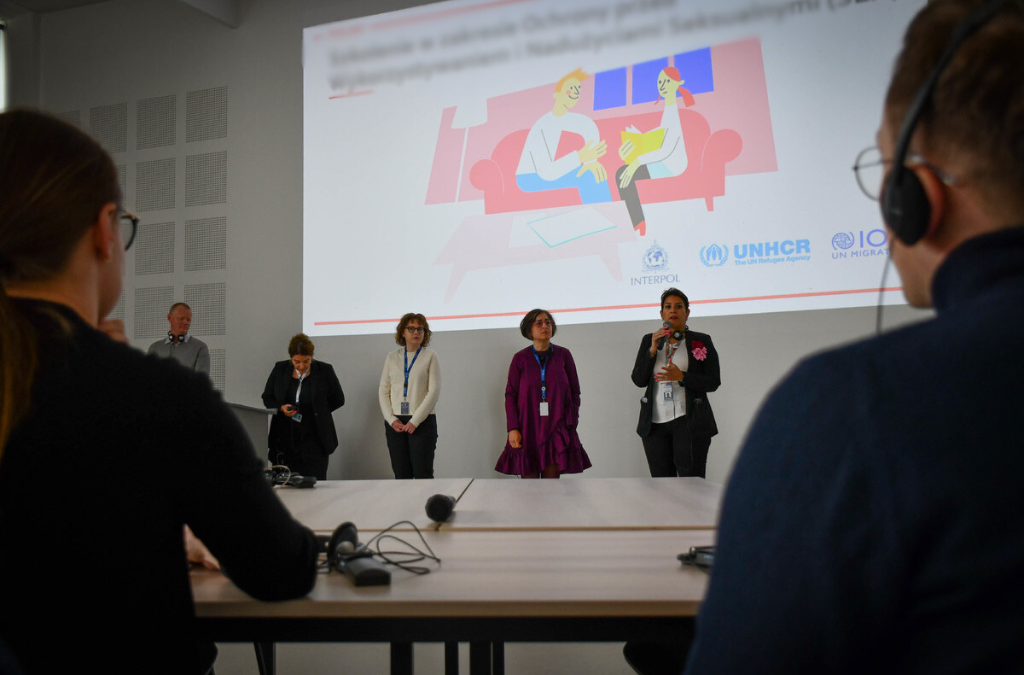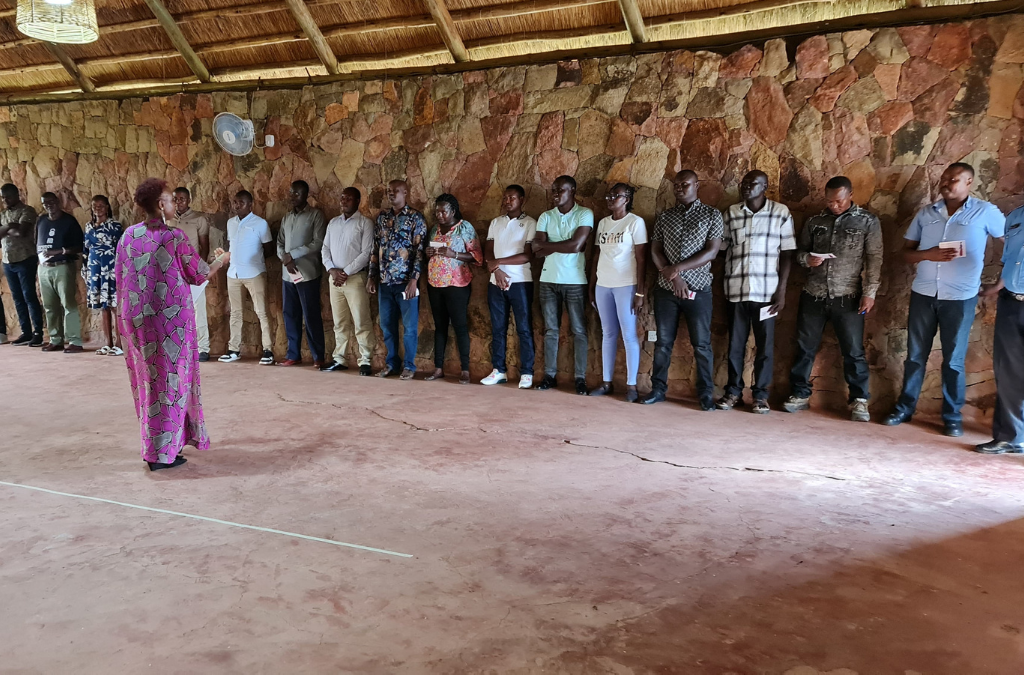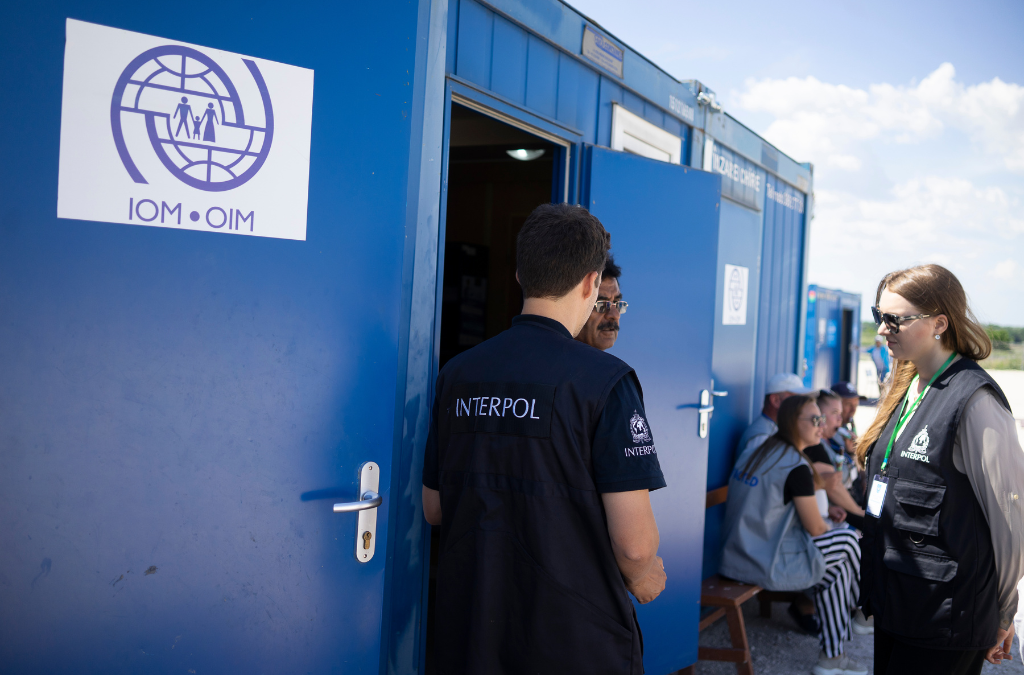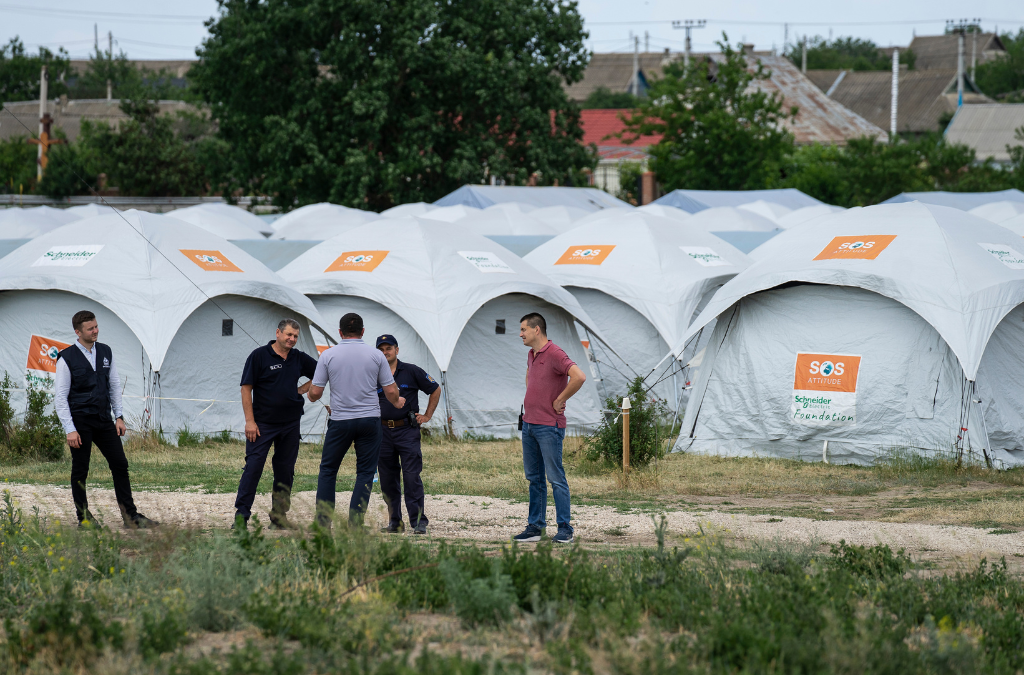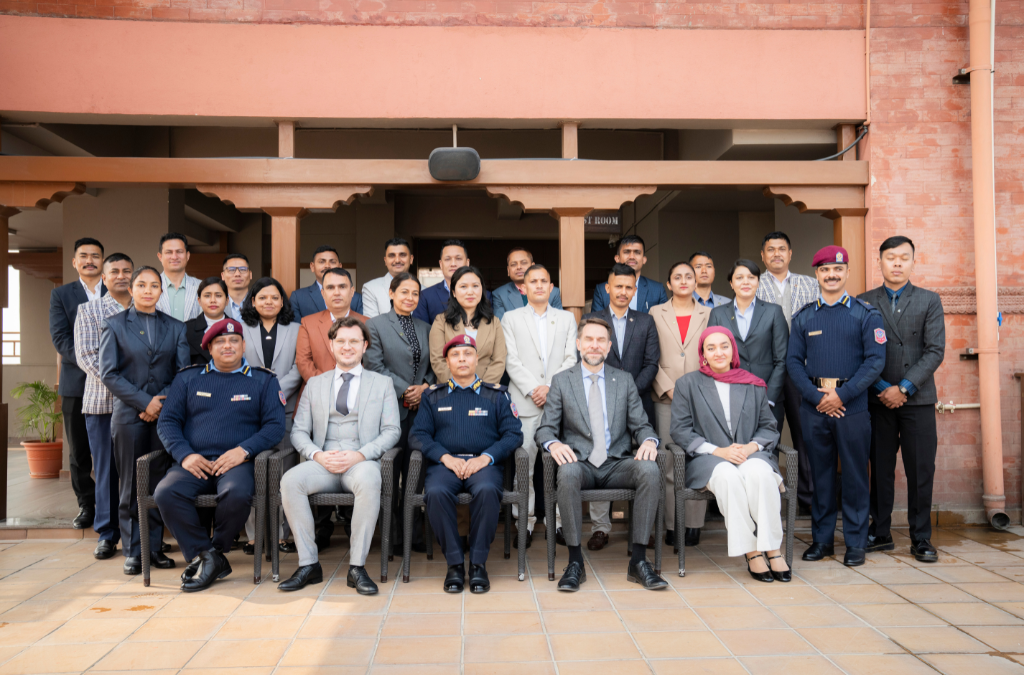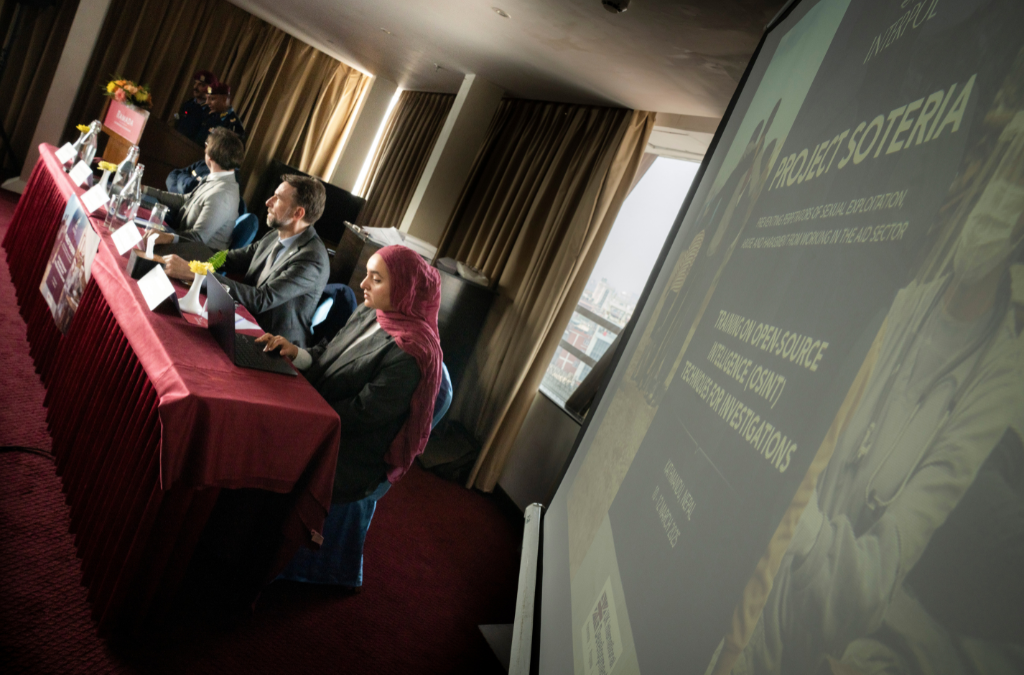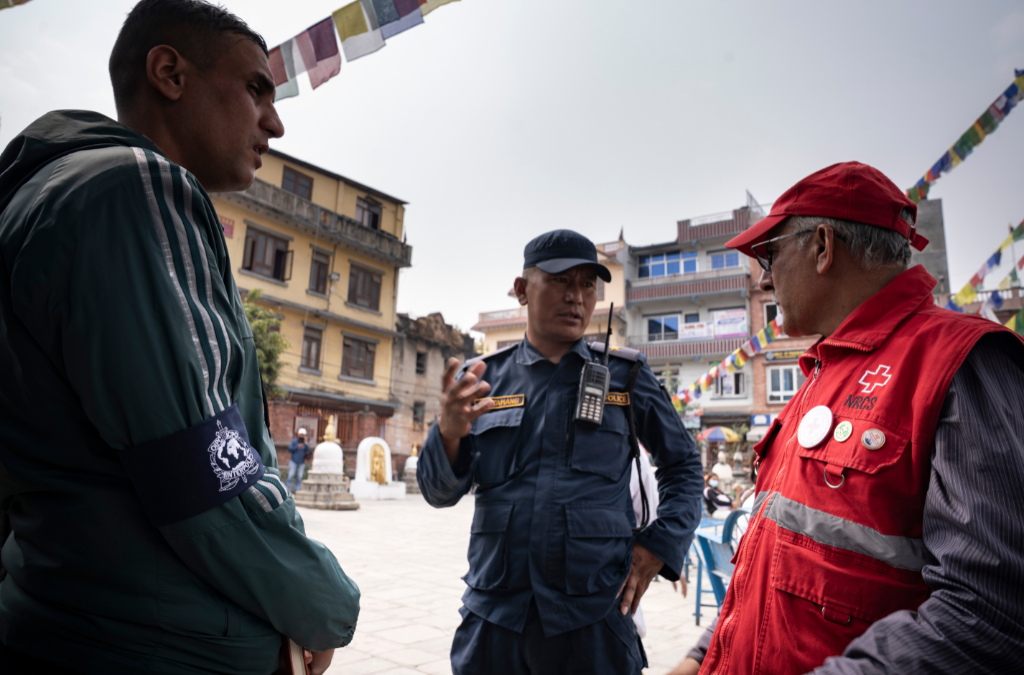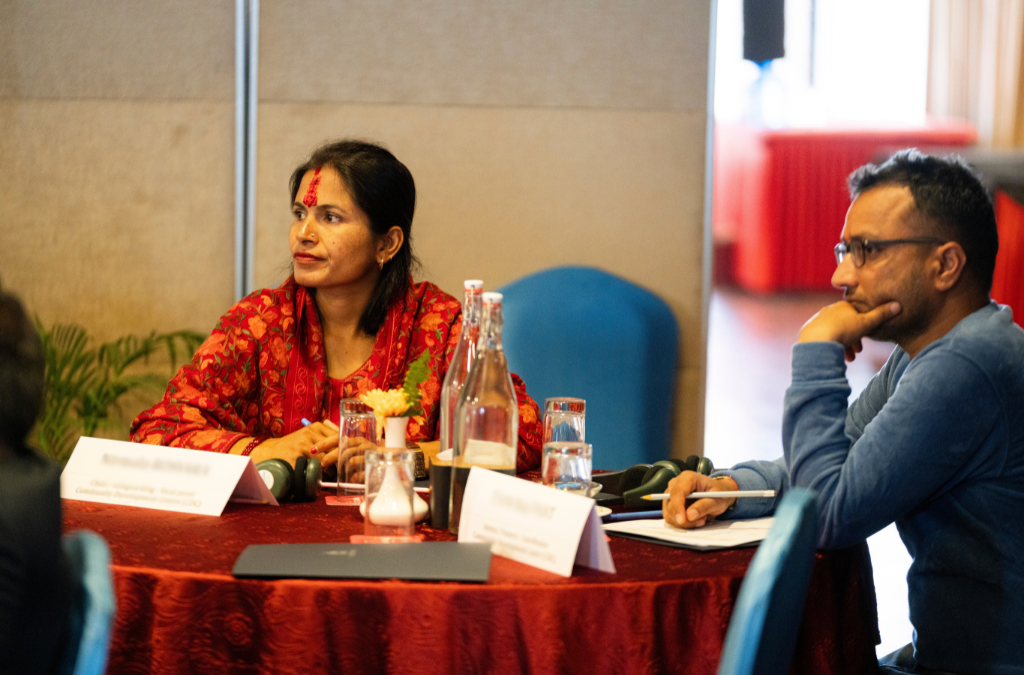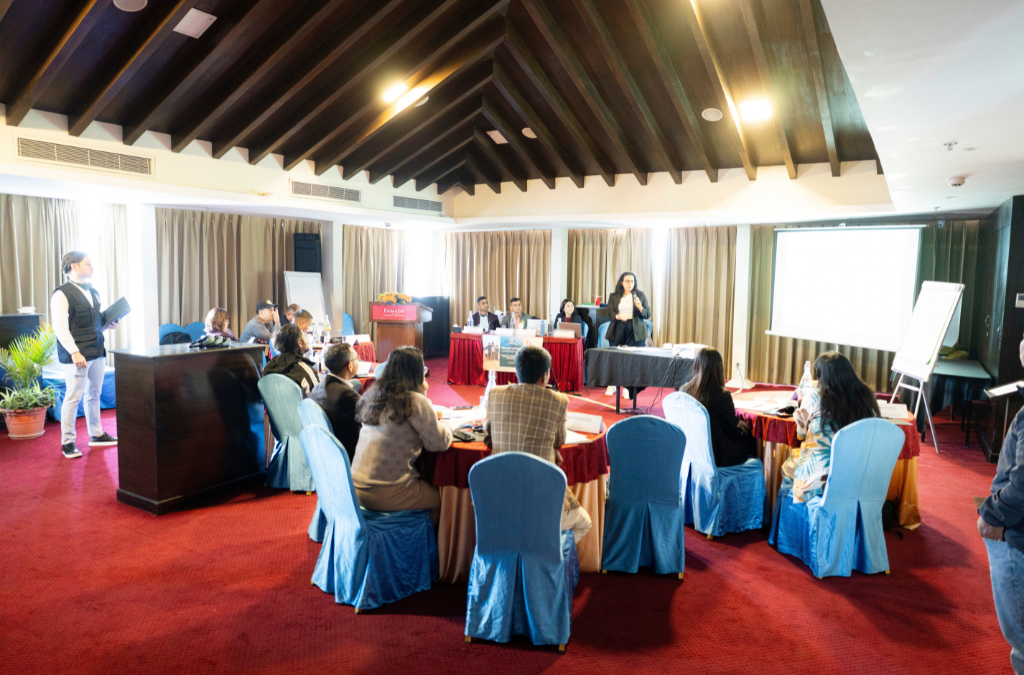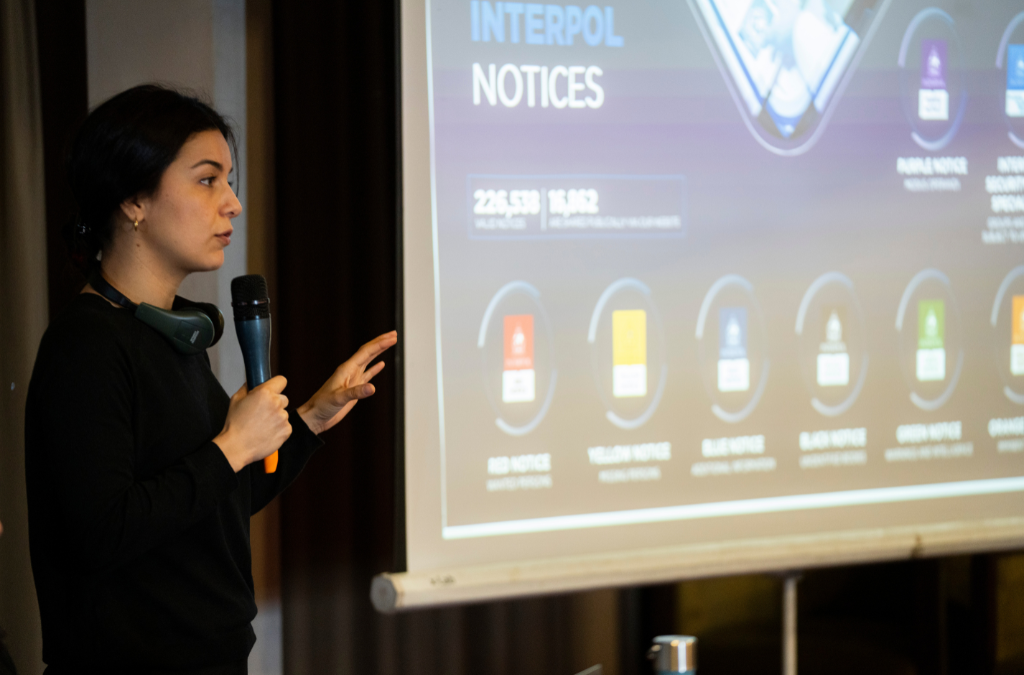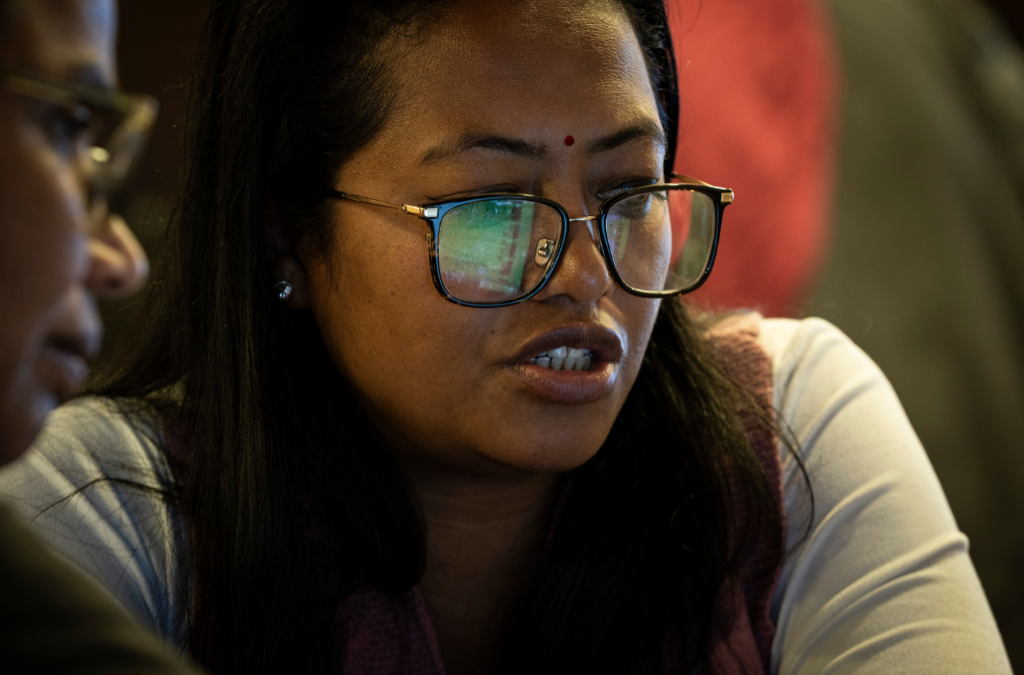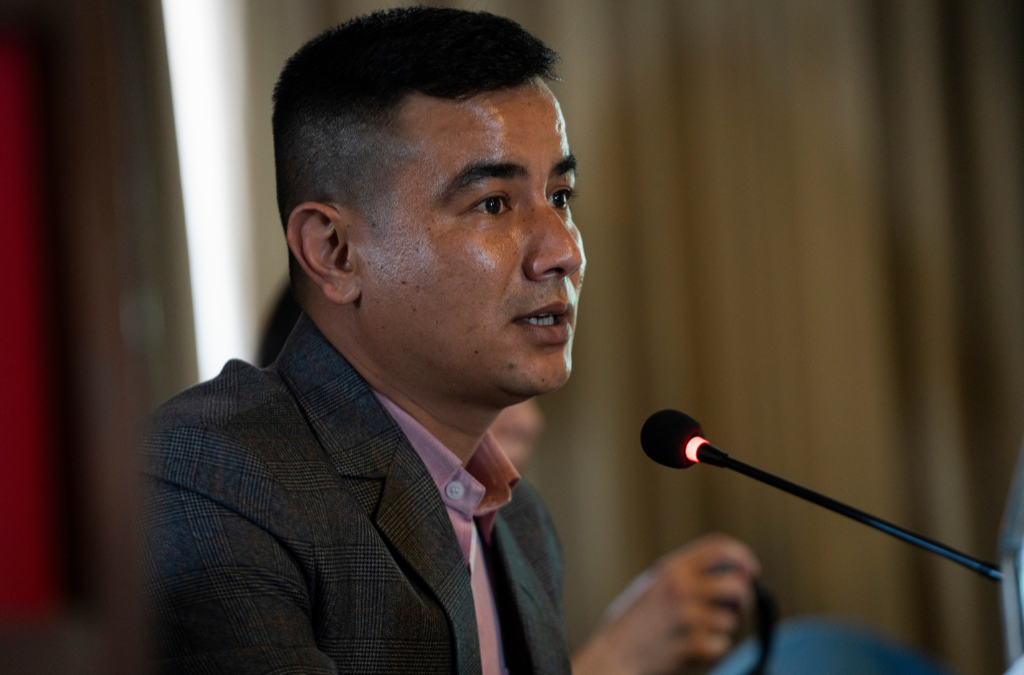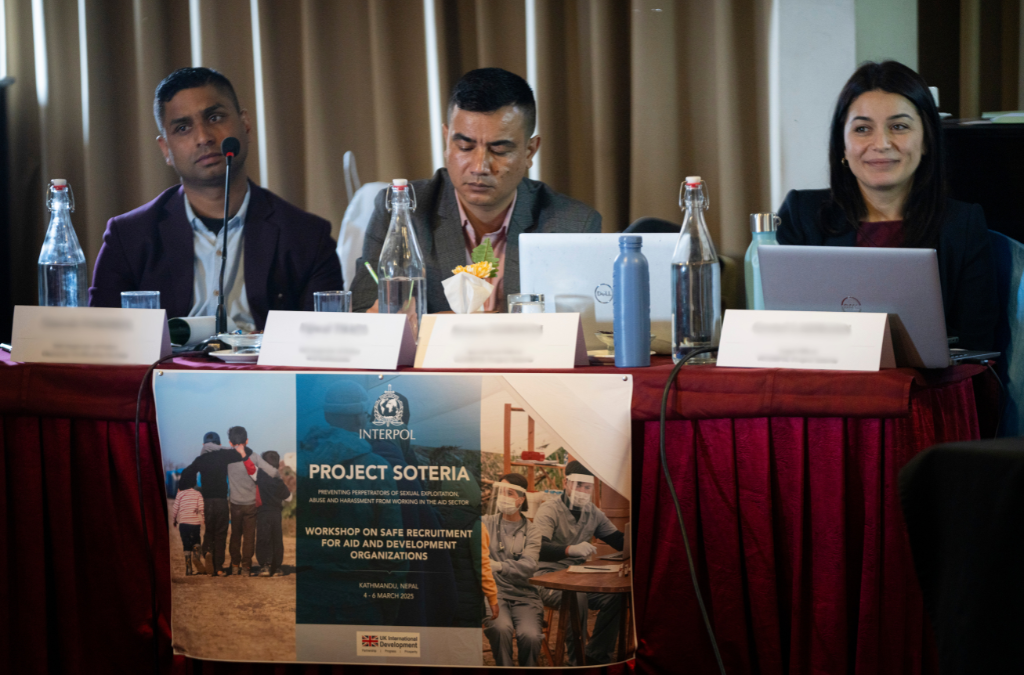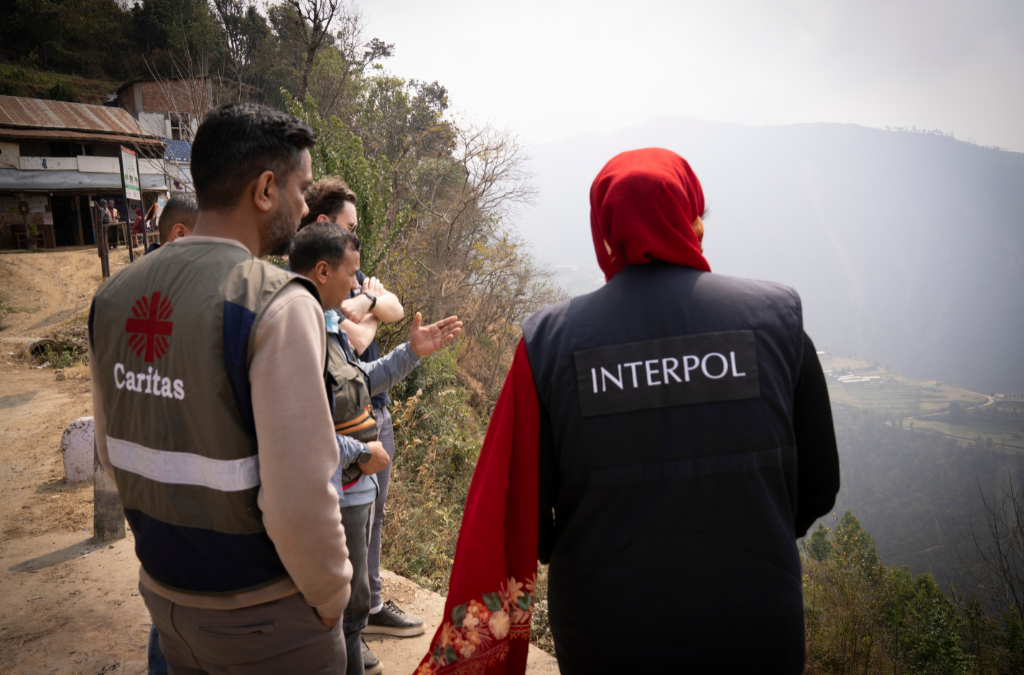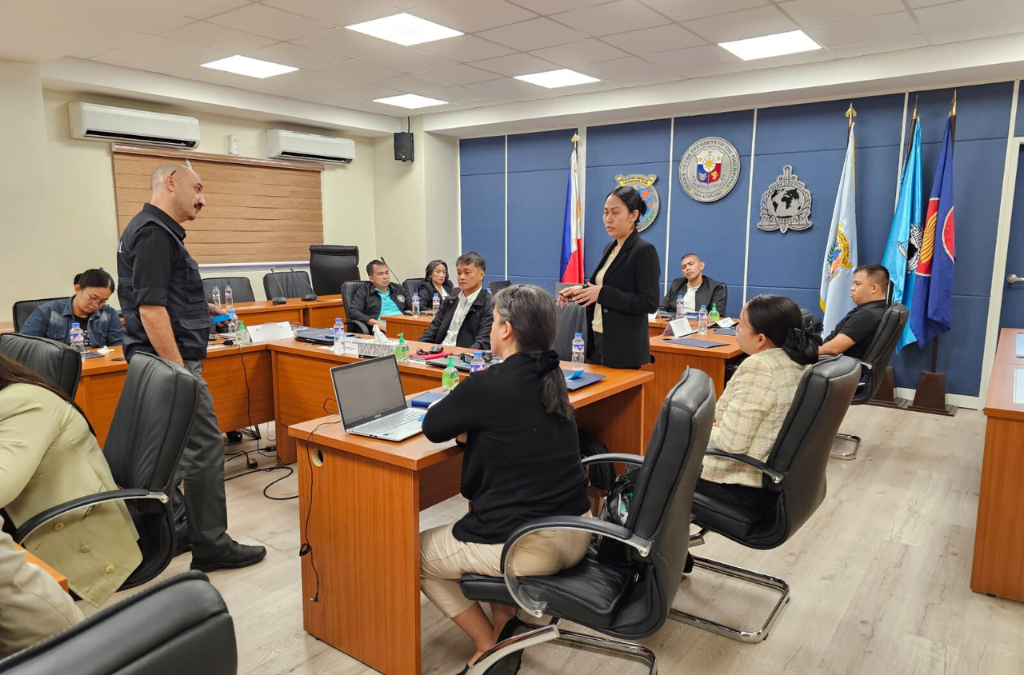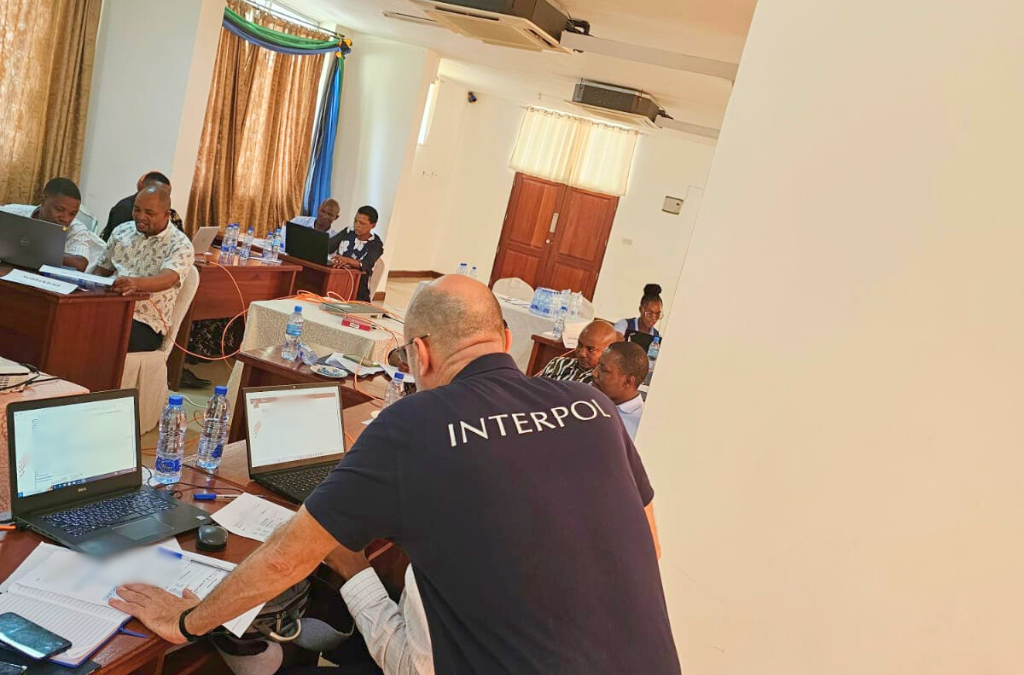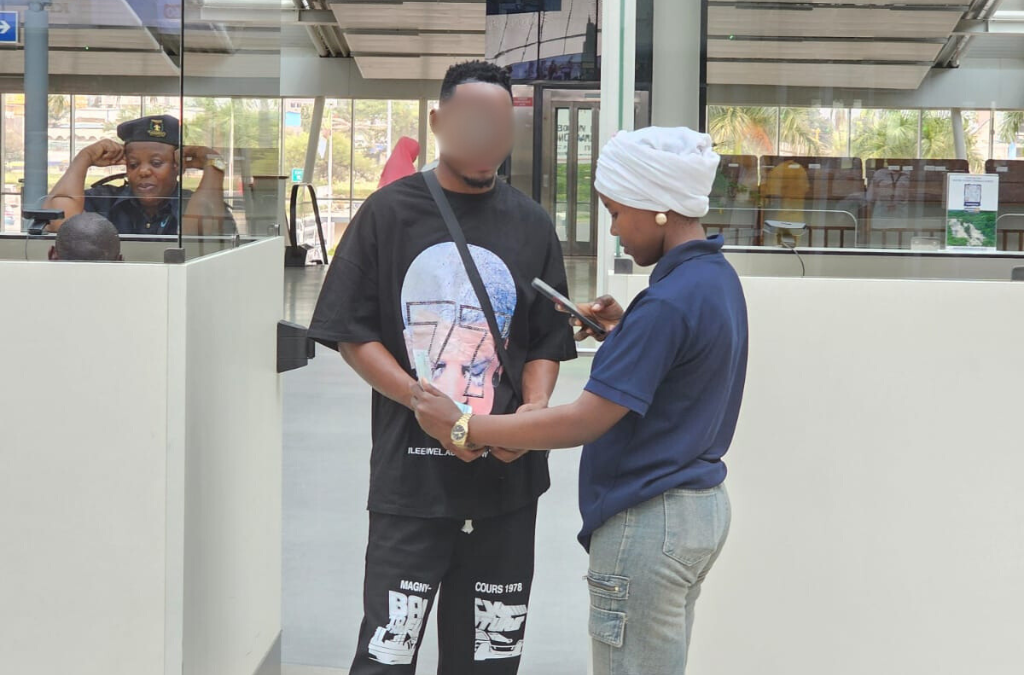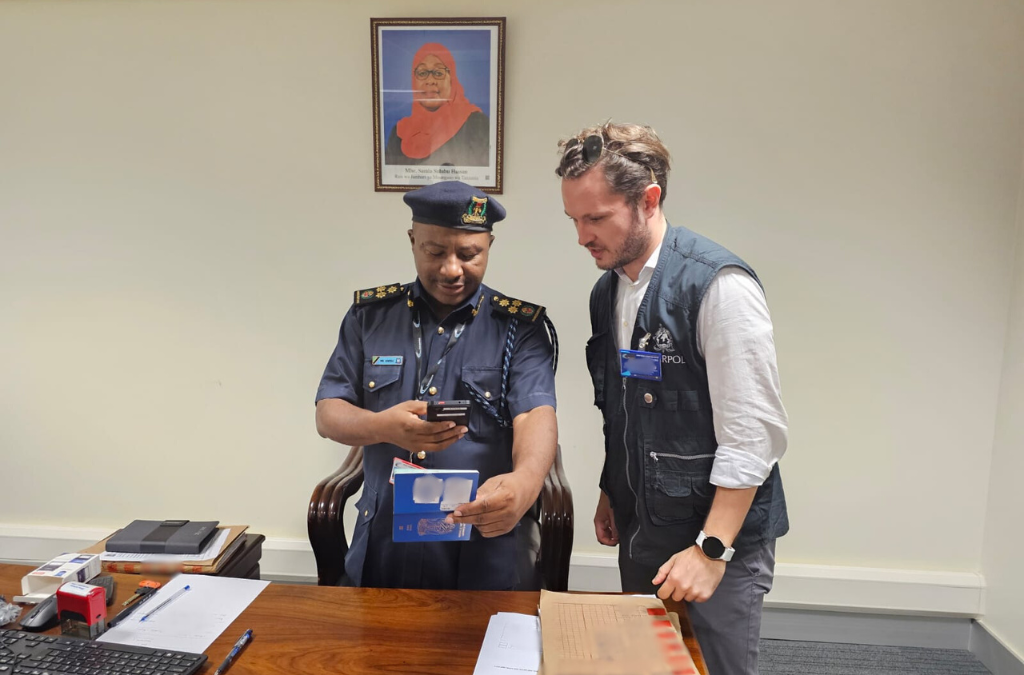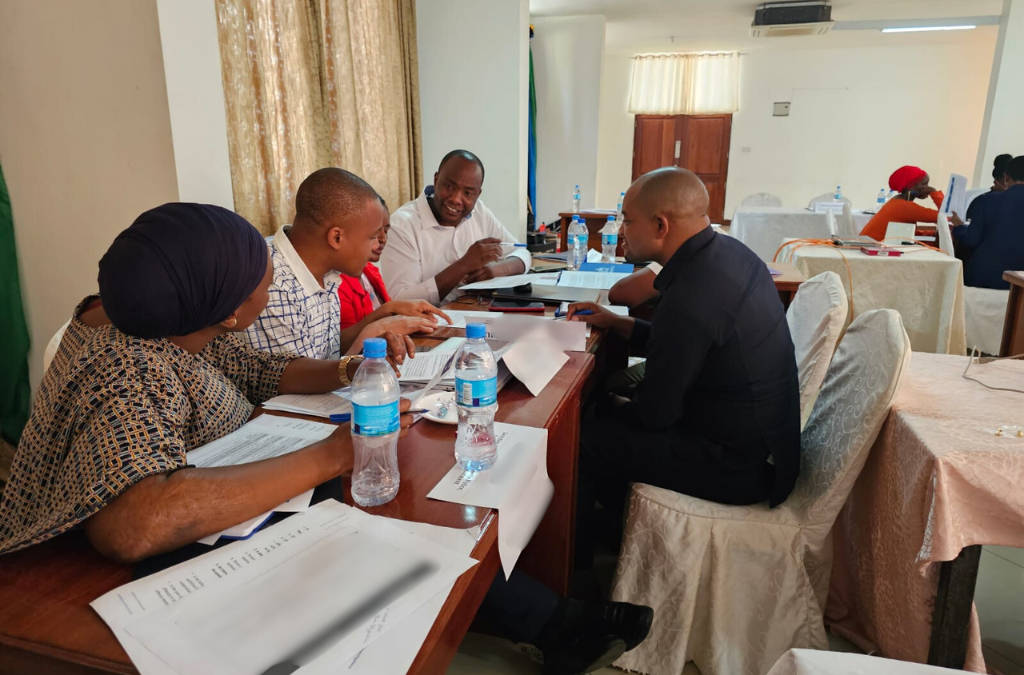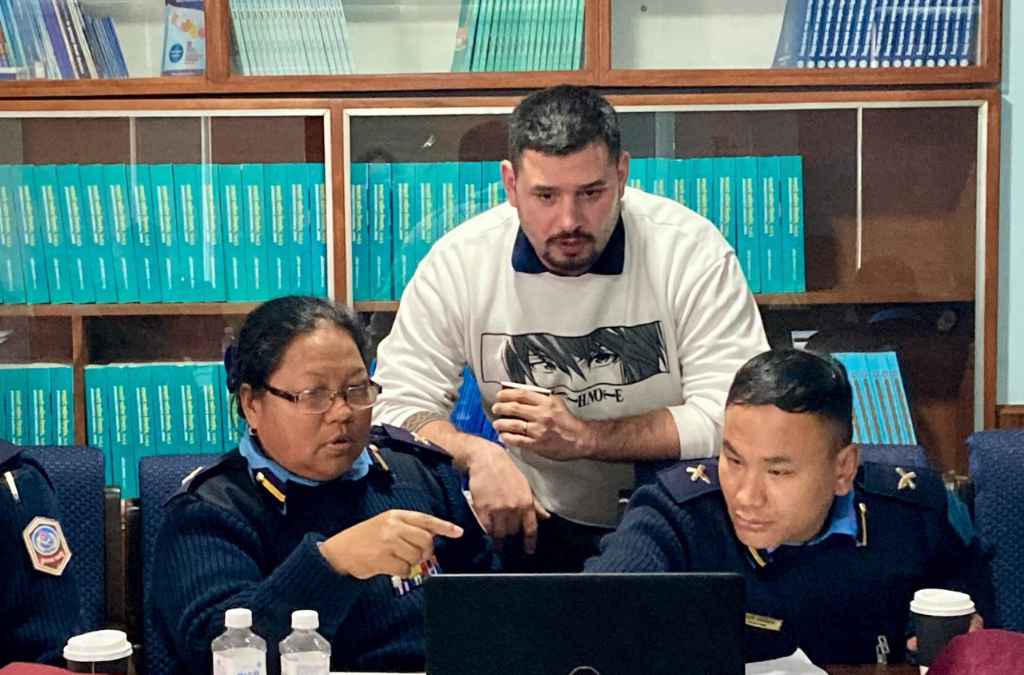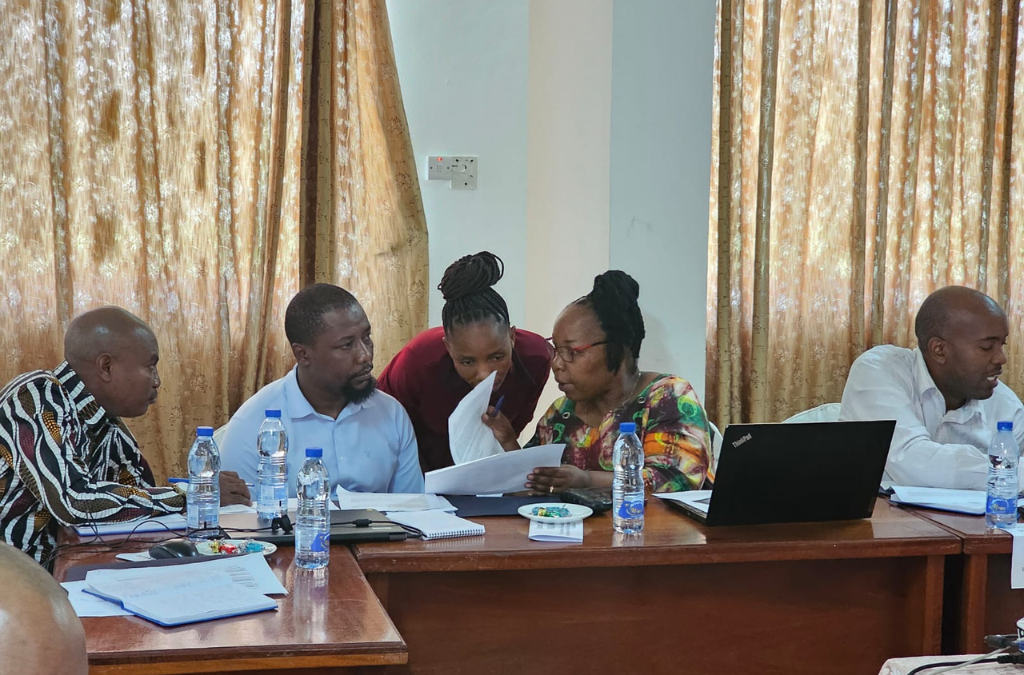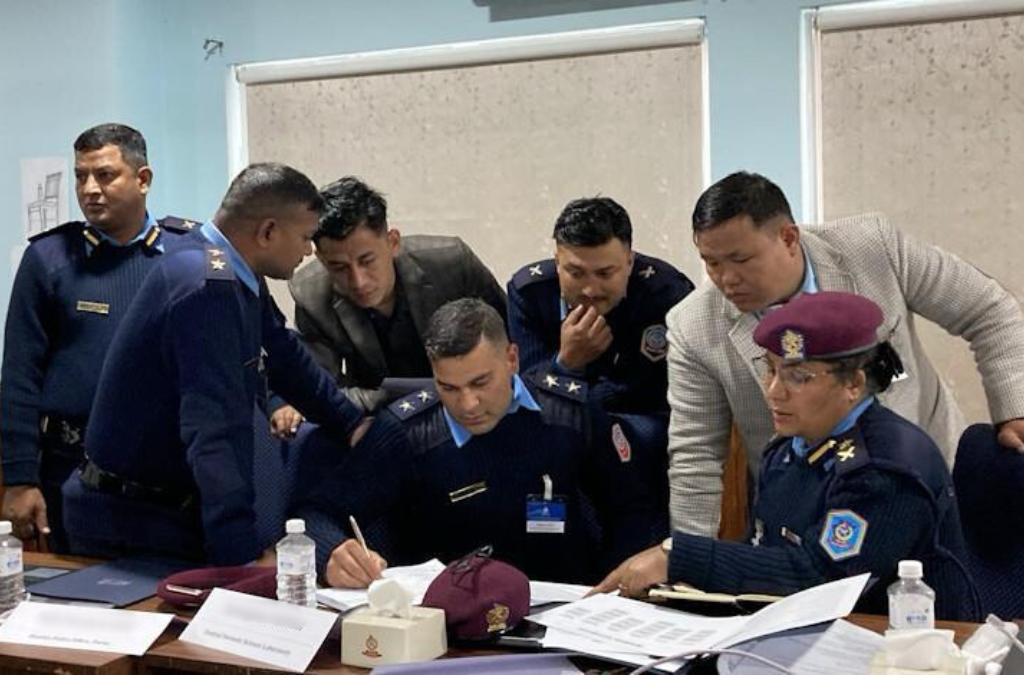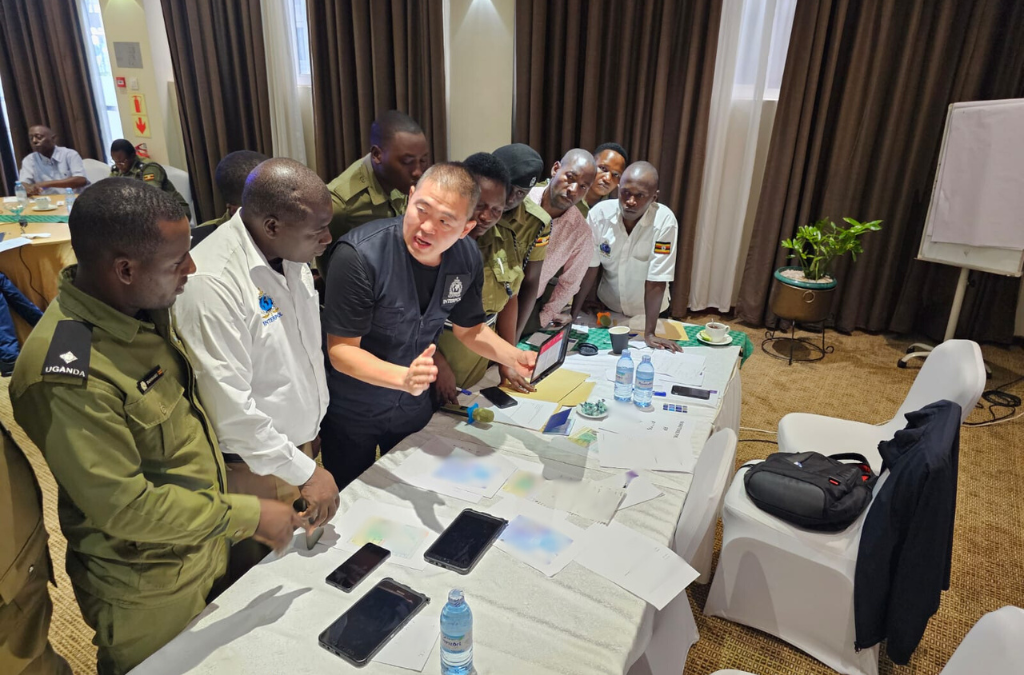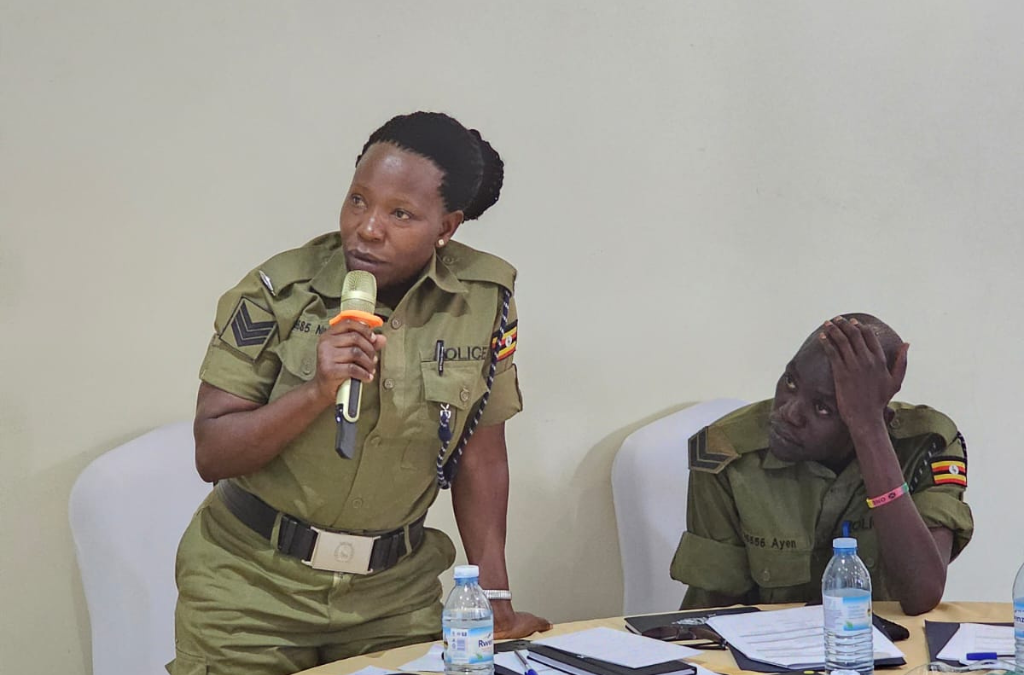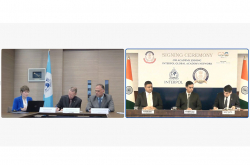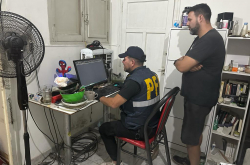Proyecto Soteria
Calendario de la fase 1: De mayo de 2021 a abril de 2026
Presupuesto: Hasta 9,6 millones de euros (8,25 millones de libras esterlinas)
Donante: Ministerio británico de Asuntos Exteriores, de la Commonwealth y de Desarrollo (FCDO)
Situación actual
Algunos empleados de estas organizaciones han aprovechado sus puestos de trabajo para cometer delitos de explotación, abuso y acoso sexual contra las personas a las que supuestamente debían proteger y ayudar, sin que hasta ahora hubiera demasiadas posibilidades de que fuesen descubiertos.
Las organizaciones de ayuda al desarrollo emplean a un personal nacional e internacional muy móvil, que trabaja en un entorno frágil proporcionando desarrollo y ayuda humanitaria fundamentales a las personas que viven en situaciones de crisis, en entornos desfavorecidos o en comunidades marginadas, para no abandonarlas a su suerte.
Las organizaciones de ayuda humanitaria tienen dificultades para hacer las comprobaciones necesarias sobre los candidatos durante el proceso de selección debido al carácter global de su trabajo y a la urgencia con la que se suele efectuar la contratación para enviar al personal allí donde resulta necesario. Es preciso que el sector de la ayuda humanitaria sea plenamente consciente de este problema y que disponga de mecanismos de detección, de sistemas de transmisión de información y de conductos de comunicación efectivos para impedir que los delincuentes sexuales sigan en ejercicio en esta área, poniendo en peligro a menores y a adultos en situaciones de desplazamiento, pobreza y otras formas de marginación.
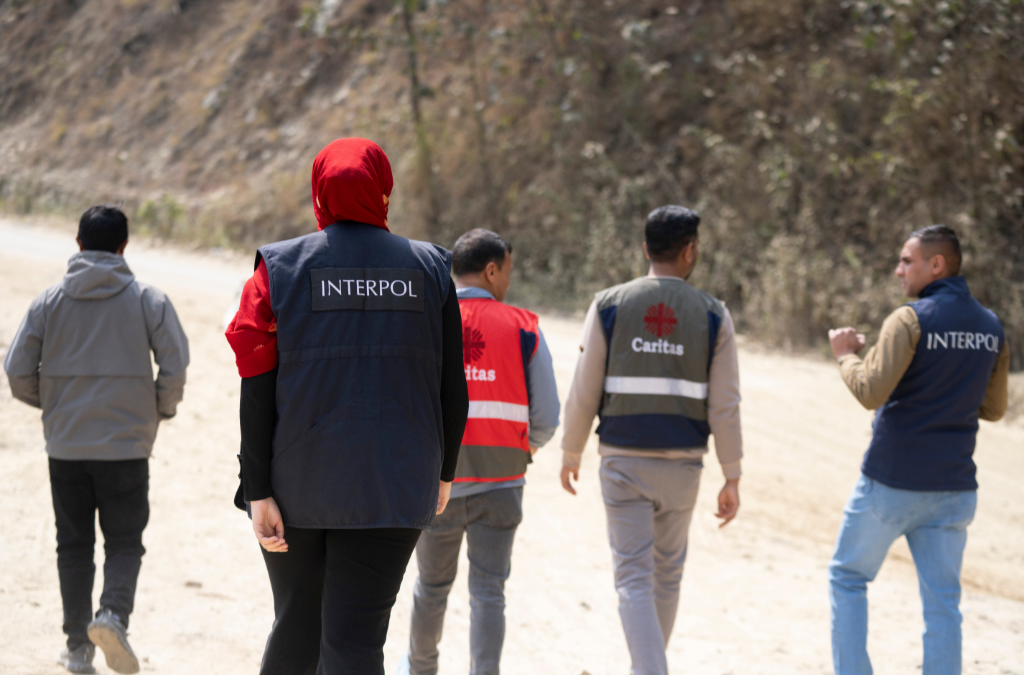
Objetivos del proyecto
El proyecto Soteria pretende reunir a los organismos encargados de la aplicación de la ley y a las organizaciones dedicadas a la ayuda humanitaria, ya sean grandes o pequeñas, para alcanzar los objetivos siguientes:
• impedir que los delincuentes sexuales se valgan de sus puestos de trabajo para entrar en contacto con menores y adultos vulnerables, y atentar contra ellos;
• mejorar la respuesta de las fuerzas del orden a la violencia sexual y de género, lo que incluye la explotación, el abuso y el acoso sexual, adoptando un enfoque centrado en las víctimas y basado en el principio de «no causar daño»;
• reforzar la capacidad de los cuerpos de seguridad de utilizar toda la gama de herramientas policiales mundiales de INTERPOL, desde sus notificaciones hasta un fichero de análisis especializado en este tipo de delitos;
• brindar apoyo a los organismos encargados de la aplicación de la ley para mejorar la concienciación sobre el problema de la explotación, el abuso y el acoso de carácter sexual y para mantener registros de antecedentes penales;
• impedir casos de explotación, abuso y acoso sexual y detectar los que se produzcan, facilitando el intercambio de información y mejorando los mecanismos de contratación para ayudar a descubrir a personas que ya hayan delinquido y desalentar a posibles delincuentes;
• reforzar la capacidad de las organizaciones del sector de la ayuda humanitaria de investigar las conductas inadecuadas en el ámbito de la explotación, el abuso y el acoso sexual.
El proyecto Soteria aspira a apoyarse en otras iniciativas creadas para mejorar la protección en el sector de la ayuda internacional humanitaria y al desarrollo ya existentes, y a complementarlas. Se trata de iniciativas como la CHS Alliance (Alianza para la Norma Humanitaria Esencial o CHS), el Misconduct Disclosure Scheme (Programa de Divulgación de Conductas Indebidas) y el CAPSEAH (Enfoque Común hacia la protección contra la explotación, el abuso y el acoso sexuales), entre otros proyectos.
Comprobaciones de seguridad especializadas para el sector de la ayuda humanitaria
El proyecto Soteria ofrece a las organizaciones de ayuda humanitaria un conducto especializado para detectar e identificar a los autores de explotación, abuso y acoso sexual durante la fase de contratación de personal.
El Sistema de Detección de Riesgos y el Mecanismo de Comunicación de Casos de INTERPOL (para la comunicación de casos fundamentados de explotación, abuso o acoso sexual) se complementan para recibir y transmitir datos de las organizaciones de ayuda humanitaria participantes.
Estas organizaciones pueden utilizar una plataforma protegida para cargar la información de los candidatos seleccionados que, a continuación, los analistas de información policial de INTERPOL cotejan con las bases de datos y redes de los países miembros.
Si se identifica una amenaza, INTERPOL avisa a los organismos nacionales encargados de la aplicación de la ley pertinentes y, cuando las leyes lo permitan, se informa también a la organización de ayuda humanitaria.
Cometido de INTERPOL
En su condición de mayor organización policial internacional, INTERPOL dispone de una amplia red de organismos encargados de la aplicación de la ley y de profundos conocimientos especializados.
Las organizaciones de ayuda humanitaria que tengan que investigar y dar respuesta a casos de explotación, abuso y acoso sexual podrán apoyarse en nuestra experiencia en la investigación y lucha contra la delincuencia transnacional, en los ámbitos de la trata de personas, la explotación de menores y otras formas de abuso sexual.
Para mejorar su capacidad de llevar a cabo este tipo de investigaciones también cuentan con herramientas como las notificaciones de INTERPOL, entre las que destacan las notificaciones rojas para la búsqueda internacional de personas, el acceso a bases de datos mundiales sobre antecedentes penales, datos biométricos o documentos de viaje.
A fin de permitir actuaciones coordinadas, INTERPOL ha entablado alianzas con gran variedad de organizaciones, entre otras las Naciones Unidas y organizaciones no gubernamentales (ONG).
Actividades del proyecto
El proyecto Soteria ofrece las siguientes acciones formativas a los países miembros y a las organizaciones de ayuda humanitaria:
Formación de formadores para la utilización de las herramientas de INTERPOL en el contexto de delitos sexuales
Este curso para agentes, impartido por otros compañeros policías, unidades especializadas y Oficinas Centrales Nacionales (OCN), garantiza la transmisión de conocimientos en las fuerzas policiales, lo que mejora la sostenibilidad y el impacto a largo plazo
Curso sobre Técnicas de Investigación Policial en materia de violencia sexual y de género
Este curso está destinado al desarrollo de la capacidad de las unidades especializadas de realizar investigaciones eficaces en materia de delincuencia sexual, formándolas en las técnicas más recientes. Se centra en el intercambio de datos de alta calidad con el fin de fomentar la cooperación policial internacional en el ámbito de la lucha contra la delincuencia sexual.
Prevención de la explotación y el abuso sexual
Estos cursos se celebran en colaboración con el Alto Comisionado de las Naciones Unidas para los Refugiados y la Organización Internacional para las Migraciones. Están diseñados para los funcionarios que trabajan en asentamientos o campamentos de refugiados, o cerca de ellos, y en ellos se forma a los participantes para que sean capaces de detectar, reconocer y prevenir los casos de explotación y abuso sexual, y reaccionar ante ellos, adoptando un enfoque centrado en las víctimas.
Uso seguro y ético de las búsquedas de Internet para una contratación más segura en las organizaciones de ayuda humanitaria
Estos cursos virtuales y presenciales están destinados a los profesionales de recursos humanos que trabajen con ONG u organizaciones del sector privado, ya que la contratación es el principal método de acceso al sector humanitario de los posibles empleados o voluntarios. El objetivo del proyecto es proporcionar a los profesionales las herramientas que les permitan realizar búsquedas eficaces sobre los candidatos en fuentes públicas de información.
Talleres para reforzar la seguridad de las contrataciones
El proyecto explora los procedimientos de investigación y verificaciones de seguridad utilizados por los organismos de ayuda humanitaria al contratar a nuevos miembros del personal y voluntarios. Además, se informa a los participantes del mecanismo de verificación de seguridad del proyecto Soteria, herramienta que puede complementar los actuales sistemas de protección durante las contrataciones.
Grupo Especializado en Gestión Integrada de Fronteras y Programa sobre Capacidades Policiales de INTERPOL
Este curso, impartido en colaboración con el Grupo Especializado en Gestión Integrada de Fronteras y el Centro de Mando y Coordinación, ofrece formación operativa a los agentes de fronteras para mejorar la seguridad de estas y combatir la delincuencia sexual transnacional. También se presentan a los funcionarios de las OCN y a las unidades especializadas pertinentes las capacidades policiales de INTERPOL y su aplicación a las investigaciones de delitos de carácter sexual.
Desarrollo de competencias básicas para las investigaciones internas
Durante las visitas a los países de los miembros del equipo del proyecto, muchas organizaciones humanitarias señalaron que existen vacíos fundamentales en su capacidad para llevar a cabo investigaciones internas con un enfoque basado en las víctimas. El equipo del proyecto Soteria trabaja con la CHS Alliance para impartir cursos reconocidos sobre la realización de investigaciones internas. Hasta ahora, más de 60 trabajadores del sector humanitario han participado en estos cursos.
Contacto
Seguimos invitando a participar en estas acciones a las organizaciones de todo el mundo que ofrezcan programas de ayuda humanitaria. Para obtener más información sobre el proyecto Soteria y elementos pormenorizados sobre la manera de participar en él, póngase en contacto con nosotros a través del correo electrónico soteria@interpol.int.
For further information regarding Soteria please contact us
Documentos conexos

Noticias conexas

INTERPOL Regional Conference closes with renewed push against organized crime
13 de junio de 2024